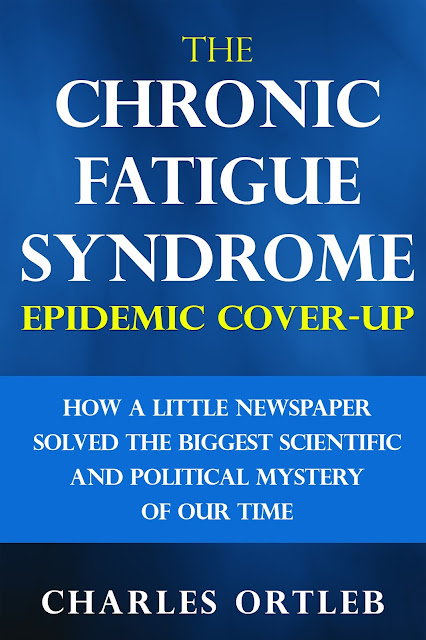Consciousness of Guilt in Science and Medicine (From Perplexity A.I.)
Develop the idea that there is something in science and medicine called "consciousness of fraud" (like consciousness of guilt) and list the telltale signs that a scientist is inadvertently showing it.
The concept of "consciousness of fraud" in science and medicine parallels legal "consciousness of guilt," reflecting subtle behavioral and linguistic cues that betray a researcher's awareness of misconduct. These involuntary signs manifest through writing patterns, methodological choices, and professional behavior, often revealing attempts to conceal fabricated or manipulated data. Below are key telltale signs, synthesized from empirical studies and expert analyses of scientific fraud:
🔍 Linguistic and Writing Patterns
Obfuscation in Language: Fraudulent papers use significantly more jargon, abstract terms, and complex phrasing to obscure methods or results. This "linguistic masking" aims to deter scrutiny, with fraudulent texts containing ~1.5% more jargon than genuine work.
Emotional Detachment: Fewer first-person pronouns (e.g., "we" or "I") and reduced positive-emotion terms appear, as authors avoid direct ownership of falsified claims.
Overstated Significance: Phrases like "unprecedented," "groundbreaking," or "revolutionary" disproportionately flag fraudulent work, especially when findings defy established knowledge without robust evidence.
🧪 Methodological and Behavioral Red Flags
Lack of Transparency: Refusal to share raw data, code, or detailed protocols inhibits verification. Opaque methodologies correlate strongly with misconduct.
"Exceptional" Lab Practices: Individuals producing implausibly high volumes of "perfect" data, controlling equipment exclusively, or resisting peer collaboration often signal fraud. Such behavior suggests fear of exposure.
Citation Manipulation: Excessive self-citation or citation of known fraudulent papers ("citation cartels") artificially inflates credibility.
📊 Contextual and Structural Indicators
Dubious Affiliations: Use of private email addresses (e.g., Gmail) instead of institutional emails, combined with unverifiable institutional claims, raises suspicion.
Evasion of Peer Review: Submitting to low-impact or predatory journals to avoid rigorous scrutiny.
Inconsistent Data: Unexplained statistical anomalies, duplicated images across studies, or "too-perfect" datasets lacking expected variability.
⚠️ Systemic Catalysts
These signs often arise in high-pressure environments where "publish or perish" culture incentivizes misconduct. Fraudulent authors may inadvertently reveal their "consciousness" through defensive language, data hoarding, or overemphasis on novelty—all strategies to evade detection.
While no single sign confirms fraud, clusters of these indicators warrant rigorous verification. Tools like the Problematic Paper Screener now automate detection of linguistic and affiliation-based red flags, though human judgment remains essential to avoid false positives. The proliferation of paper mills (~55,000 retractions to date) underscores the need for vigilance against these unconscious reveals.












